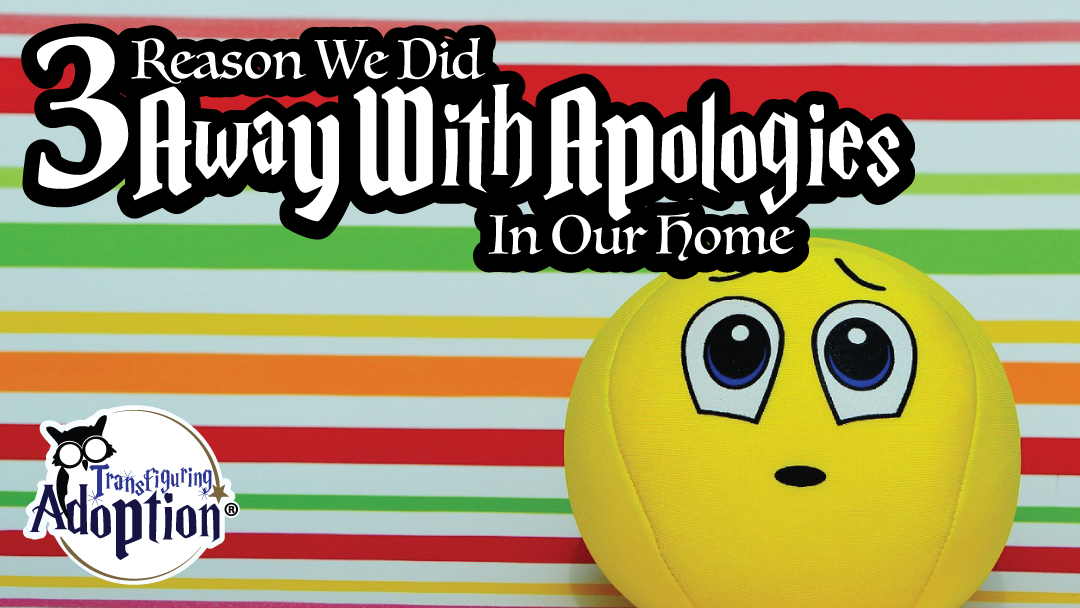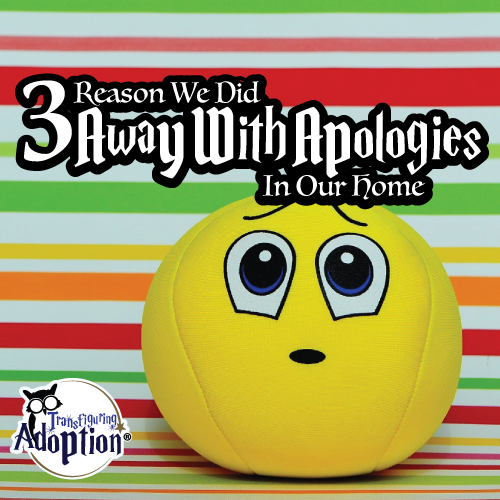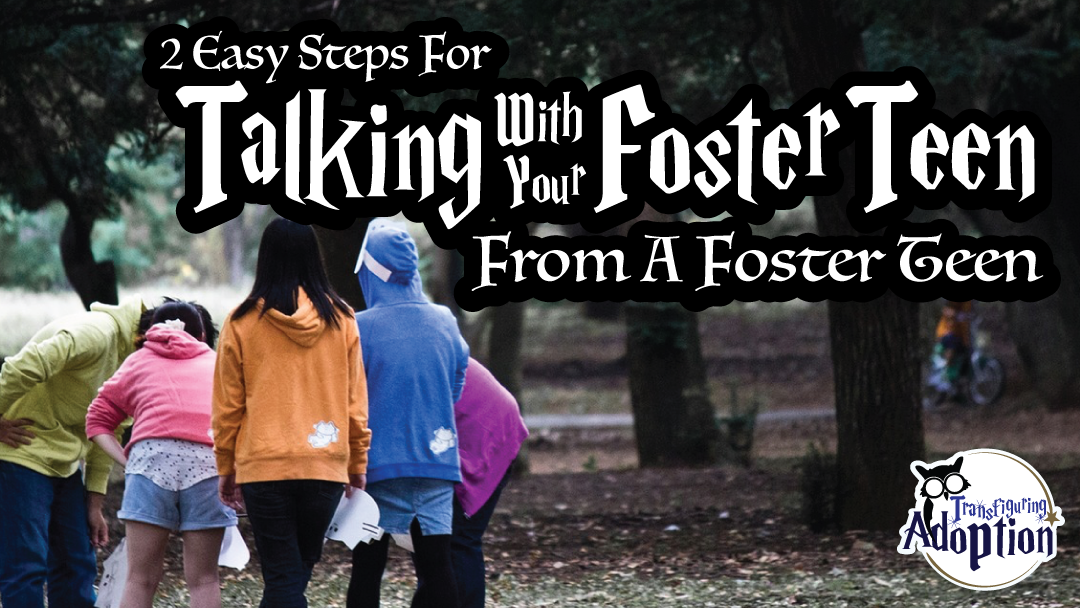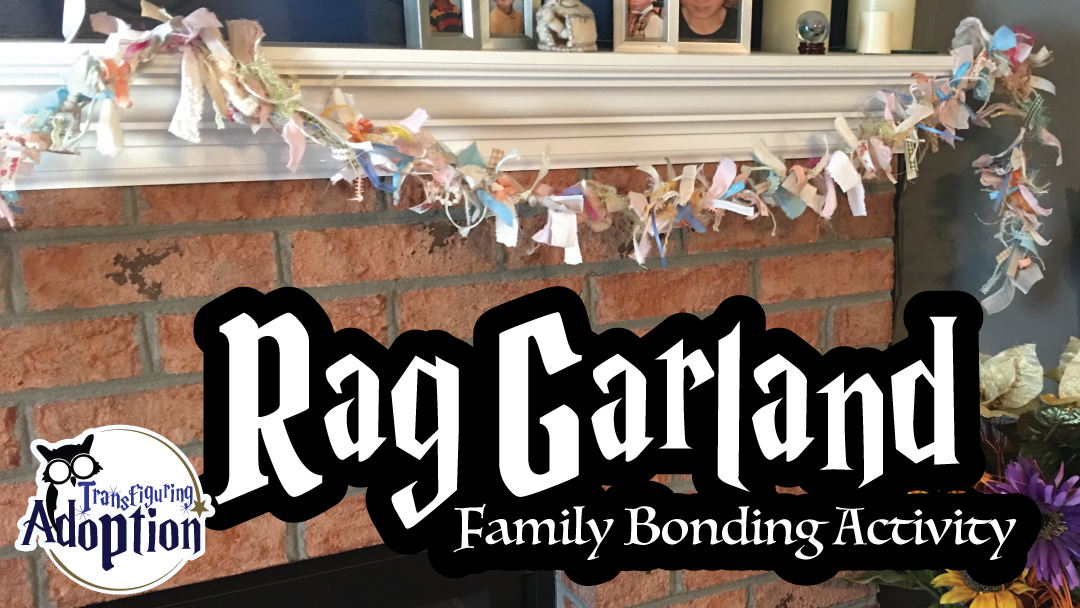Guest Blog by Felecia Neil
Felecia Neil is a foster care alumni who has 12 years of experience working within residential settings and has served as a foster parent for the past 5 years.
In recent weeks I had become weary of insisting that my toddler, Potato (nickname), apologize for his misbehavior. I felt like teaching him to say “I’m sorry” was perpetuating repetitive mischief as he would throw a toy only to turn around, declare “I’m sorry,” then run to do it again as if the apology negated the behavior while simultaneously condoning it, making the boundary irrelevant.
I began to question how this pattern had come to be in our home, it was never a concern before. This topic has long annoyed me ever since I, myself, was a child. Hearing the empty words of “I’m sorry” was like nails on a chalkboard and synonymous with “I don’t care” or was the opening to a condescending invalidation such as “I’m sorry you feel that way but you’re just blah blah blah…” Sadly, in the adult world, this frustration has continued to hold true as all of the children who had been taught to recite “I’m sorry” grew up to either develop a limited capacity for conflict resolution through constructive criticism, repair, and collaboration or none at all.
So, how did we get here and what brought this to my awareness?
I was noticing a lack of resiliency in Potato that had been there before, a whininess that was becoming overbearing at times, and a larger need for reassurance that previously only required limited quantities. Was it a developmental stage? Was it just part of him being a “Highly Sensitive Child” as he had been diagnosed a year ago? Was it environmental factors? After witnessing a family member demand an apology from him over spilt milk (literally) while cleaning up the mess themselves as he sheepishly stood by their side with his head hung low, I began to realize what had transpired within our home.
We had forgotten to actively parent. We fell into this lull of complacency, taking for granted that Potato and Oggie (also a nickname) were born into a loving and safe environment and expecting that to be enough to raise decent humans. The past year has been the longest stint in our parenting career that we have gone without a placement in our home and the very things that we spend intensive amounts of time trying to heal in our foster children we had begun, to a lesser extent, create within our biological ones. We had come to just be and we were simply surviving.
Burdened with guilt over the grief that we had subjected Potato to through the loss of his Bub (a two year placement that we had planned to adopt) we had become the apologizers. At first it was deep and sincere as he struggled to adjust to his new normal without the big brother he had known since he was four months old, but then the apologies became excessive and for every little discomfort which transitioned into us expecting them of him, a toddler, for every infraction which was having detrimental effects.
3 Reasons We Did Away with Apologies In Our Home
Determined to thrive again we once more began to do away with apologies in our home seeing as how they appeared to be:
- Diminishing self-esteem.
This has applied to every downtrodden foster child that has ever been in my care. Having to repeatedly say “I’m sorry” diminishes a child’s self-worth as if by having to say it over and over throughout the day is really saying “I did wrong, I’m not a good person” and they don’t need that kind of negative self talk in their lives. Each foster child has landed themselves in Oz and needs Glinda to guide them down the yellow brick road while showing them the goodness within themselves, not make them feel as if their disorientation, confusion, and behaviors are anything to be sorry for. - Creating a standard of insincerity.
Quite frankly, they are children and they’re not always sorry. Their capacity for empathy has not yet developed and as for our foster children this capacity was likely inhibited by a variety of factors regardless of age. Furthermore, their understanding of why they should even be sorry for something that they have done may not yet be intact either. For foster children, their actions and behaviors have served as a necessity for survival and are vital to life. They do not understand that their food stash is causing you a pest problem. They don’t see the problem; those rodents may have been their only friends where they came from. Teaching them to apologize at every turn is essentially just handing them a pile of Get Out Of Jail Free cards for them to use when they want to avoid what appears to be nonsensical chastisement. Instructing children to recite hollow words, especially in the absence understanding, does little to nothing for furthering their capacity for empathy or ability to engage with sincerity. - Neglecting to address the actual issue.
Saying “I’m sorry” does not acknowledge, better, or correct the situation and neither does making those corrections for your child while demanding an apology. All that scenario instills is guilt, doubt, and shame. When a child is empowered to believe “I can fix this” and given a compass to navigate what is and is not an acceptable way to conduct themselves in various settings is when the foundation for resilience will be poured.
Are there mistakes to be made that we will be sorry for?
Yes, there will be, and in those instances an apology is the appropriate response but otherwise we replaced “Please don’t push your brother, that’s not nice and hurts him so say you’re ‘sorry’” with “Please don’t push Oggie. It’s not nice to push, it hurt his bottom when he fell (or “it hurt his feelings because he thinks you’re a cool big brother and wants to play with you” whatever the case may be). How can you fix this?”
Initially we were met with blank stares but after some guidance Potato began to come up with various solutions whereas before he largely ignored his actions and their consequences with an absent minded “sorry” as he continued with whatever activity he was invested in. Potato now has to stop, reflect upon what he did, assess how to correct the situation, and then engage with the problem or person directly.
If he dumps out a toy bin then he picks them back up. If he has caused physical harm to his little brother then he seeks out a binky or blankie to soothe him. If Oggie’s cries persist then Potato will yell “Mommy, Daddy help!” If Oggie had wanted to play then Potato will give him a kiss on the head (my favorite of his solutions) and bring his brother his own toy to play with as he has not yet fully accepted the concept of cooperative play. And in the event that he throws an object out of frustration then he will pick it up and return it to its proper location. The clinginess is tapering off again and the need for additional reassurance is being replaced by exclamations of “I did it, yay!” coupled with excited clapping. Additionally, I love that when he makes a mess he can independently retrieve the materials he needs to clean it up and does so to the best of his tiny toddler abilities in lieu of sulking or having a meltdown!
Resilience requires the sustained ability to repair with forgiveness or acceptance, forgiveness towards yourself, forgiveness of others, acceptance of your own responsibility, and acceptance that you cannot control the choices/actions of others. I feel like, at least in our home, resiliency cannot be taught, especially not resiliency within healthy relationships. How to repair can be taught, a capacity to forgive/accept can be developed, and resilience is the end result of the ability. Resilience must be built but it won’t be if we keep demanding that our children apologize unnecessarily.



